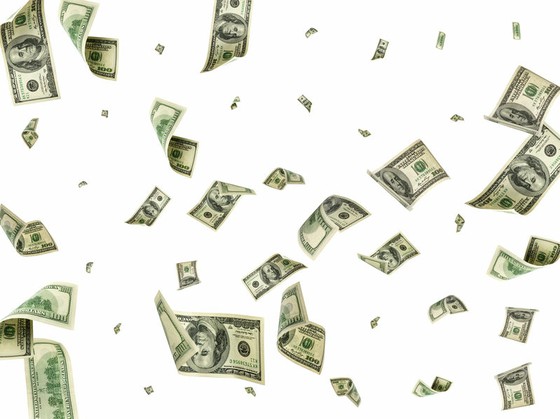 |
◇ Japanese equity funds have "good" returns and set amounts
According to FnGuide, a South Korean financial information company, on July 28th, the amount of overseas equity funds set up decreased by 87.4 billion won (about US$83 million) in one month. Even in the midst of this turmoil, only Japanese equity funds increased by 118.2 billion won (about $113 million) over the same period, with a net inflow of 133.6 billion won (about $128 million) in the last three months.
The rate of return of Japanese stock-type funds is higher than the average of overseas stock-type funds (1.88%). Japan's equity fund's one-month return was 5.26%, well above the overall average. This contrasts with China's stock fund returns of minus 3.27% over the same period. The three-month rate of return was also higher than the average (1.65%) at 3.17%.
By product, "Korea Investment KINDEX Japan Leverage Securities Listed Index Investment Trust (Equity-Reindirect Derivative Type) (H)" of Korea Investment Trust in one month is 9.76% according to the aggregation standard of FN Guide. Recorded the highest rate of return. "Mirai Asset TIGER Japan Healthcare Securities Listed Index Investment Trust (Equity-Derivative) (Synthetic)" by Mirai Asset Management in South Korea and “Hanwha Japan Core Securities Investment Trust 1 [Equity] Type A” by Hanwha Asset Management in Korea of 6.95% and 6.70%, respectively.
The product with the largest increase in the set amount was Samsung Asset Management's Samsung Japan Index Securities Investment Trust H [Stocks], which increased by about 180 million won (about $177,000) in the past month. . Expanding the range over the past year, the set amount increased by more than 2.462 billion won (about $2.2 million), which is the second largest investment trust (stock) 381 million won (about $377,000).
◇ Japanese stock market unaffected by record-level depreciation of yen
The yen has weakened as the Bank of Japan has stuck to its current large-scale monetary easing measures, but the Japanese stock market does not appear to have been hit hard. The yen exchange rate, which started at 115 yen to the dollar this year, broke through the 139 yen level during trading on July 14th, marking the highest level in 24 years. The KOSPI (Korea Composite Stock Price Index) fell 12.27% during the month of June this year, while the Nikkei Stock Average fell only 3.88% over the same period.
In this situation, there is a prospect that inflation has already reached its peak in Japan. The Wall Street Journal (WSJ) assessed on September 26th that “[inflation] is showing tentative signs of peaking as international oil prices stabilize and consumers resist rising prices.”
There are voices on the stock market saying that Japanese companies have been able to produce solid results even in the global market downturn thanks to Japan's relative freedom from the pressure of inflation. A fund manager commented, "With the easing of border closures due to COVID-19, various stimulus measures were presented to revive consumption. The weaker yen is also expected to stand out in the future, and Japanese companies' overseas export performance will likely continue to recover."
Jeong Hye-won, manager of Samsung Asset Management, also said, "The Japanese stock market is currently under-average valuations, and there is still room for growth, and because it is difficult for the dollar to weaken, the weak yen will likely continue for the time being." The stock fund's return rate is expected to continue to show strong results in the second half of the year. However, he added, "We should keep in mind that the closer we get to the second half of the year and the beginning of next year, the stronger the yen will be." In this case, there is a concern that the recovery trend of overseas export performance may be slowed down as it may act as a burden on Japanese exporters.
2022/08/06 09:34 KST


